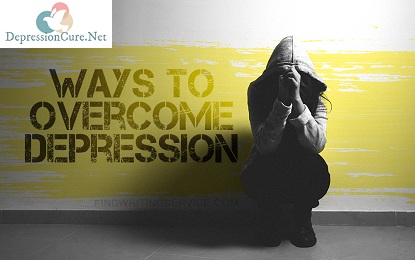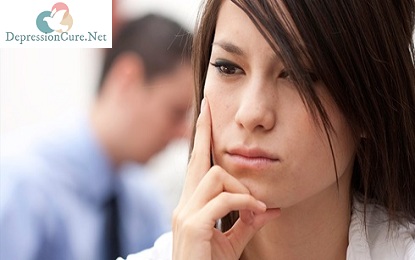Introduction
Homelessness, feelings of the marginalization and a lack of education and employment are pushing the young Europeans at risk of depression and to the mental health crisis, which is found in a new study by Eurofound shows.
Eurofound is the EU Agency, which helps in the improvement of living and working conditions.
According to their study, Sweden (41%) is at the top of the list of youngsters which are “at-risk of depression” based on guidelines of WHO, followed by Estonia (27%) and Malta.
Young Europeans at Risk of Depression
At the overall level by the EU, 14% of the young adults are at risk of depression. 4% percent of the people those are between the age of 15 and 24 years are already suffering from chronic depression.
This report uses both the European Quality of Life Survey (EQLS) data from the year 2016 and existing data from the National and European level. This data highlights the impact of the economic crisis on new generation young people.
Click Here To Read: 22 Ways To Become More Positive – How To Become Positive
In Sweden, for instance, there was a 60 percent increase in the number of children who found themselves in emergency accommodations between the year 2011 and 2017.
In the Netherlands, the number of children/ youngsters who became homeless between the years 2013 to 2018 jumped to 60 percent. Other countries like Denmark, Ireland, and France, one in three homeless people are youngster/ children.
In addition to this, 4 out of 10 children were at the line of risk of poverty.
Apart from financial reasons, depression is also gendered, according to the study. Young women are more suffering from depressive symptoms than young men. Denmark, Ireland, Germany, and France, for instance, showed some significant gender gaps.
Young people/ youngsters are a dwindling group in Europe, and the report also says that care must be given to them by offering support to them. Their report also says that European youth should have access to social facilities and physical and mental health services.
Note: Depression Cure does not provide any type of medical advice, diagnosis, or treatment.
14% Young Europeans at Risk of Depression, Sweden Tops in the List
Some Children Are More Likely To Suffer From Depression Long After Being Bullied







